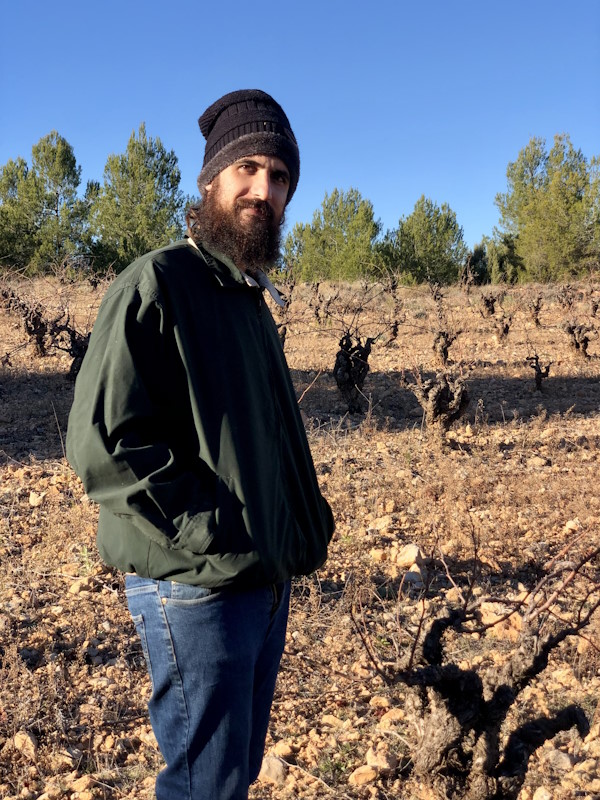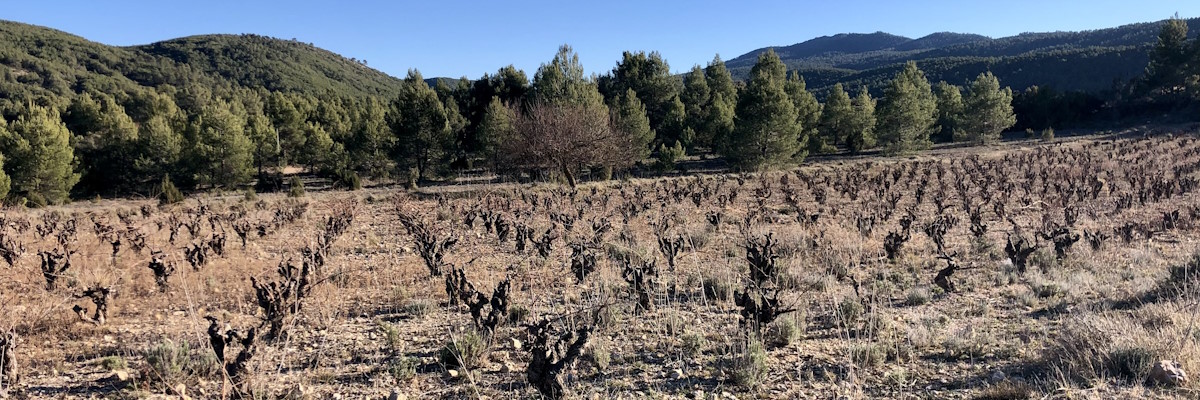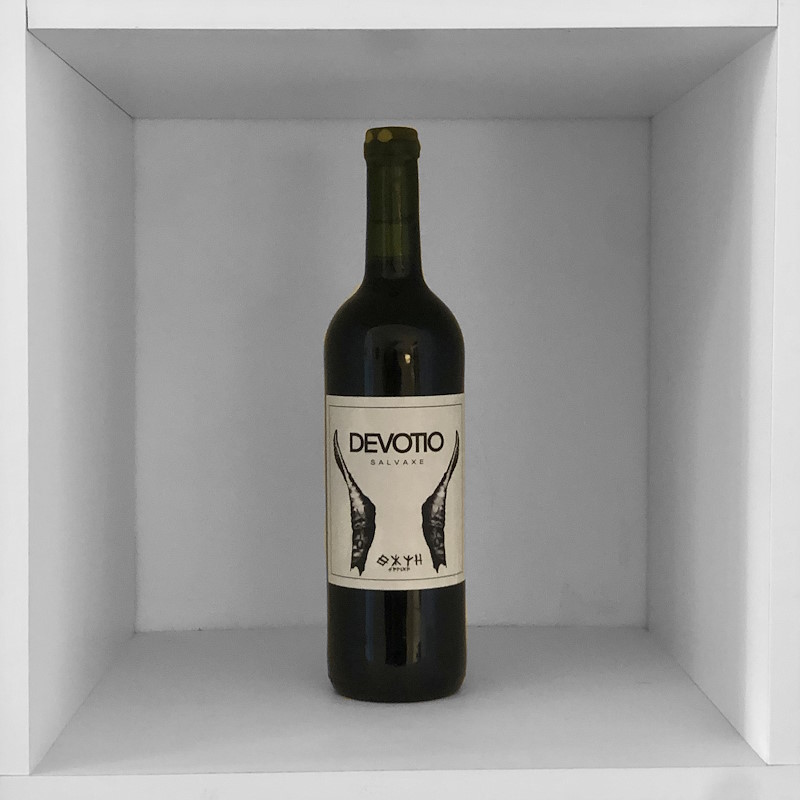
Benagéber - Alt Túria
Vi Natural aims to promote any wine producer in the Valencian Community who meets the criteria for a natural wine as defined by us. Regardless of the number of bottles produced, the reputation or track record of the winemaker or estate, all we want is sincerity and honesty.
In the heights of Alt Túria (720m), to the west of Valencia, a family has decided to settle in the small village of Benagéber (Benaixeve in valenciano) to resume the life of peasants as it was here 60 years ago, with the addition of the internet.
Efe, 30, and Yoli, accompanied by their daughter Érica, work their land to produce vines, vegetables, almonds and olives using agroecology methods. The vines are around 30 years old and 70 or 80 years old, and are planted with Bobal and Cencibel, the local grape varieties of the Utiel and Requena regions, as well as Messeguera, a white variety commonly found in Alt Turia. The first vintages will be produced in 2021, with some difficulty, as the vines abandoned until then are in the process of being recovered. We like Salvaxe, whose Cencibel vines have since been uprooted. 2023 is the year of confirmation, with the legalisation of wine produced until now under the name Devotio. While the origin of the word is religious, the idea here is to evoke rigorous dedication to working the vines and maturing the wines.

Salvaxe
Red wine Cencibel 100%
Alcohol content: 12% Vol.

The plot of Cencibel, as the Tempranillo is known to the west of Valencia, is located in the municipality of the small village of Benagéber, with a population of less than 200. It's an ideal place for vines, with dry weather that's influenced by the sea, an altitude of 700 metres and cold winters that make for better work in the winery. This is the last wine produced from this vineyard, which has since been grubbed up.
The harvest: traditional harvest by hand and in crates, selecting only healthy grapes at optimum ripeness.
The winemaking: they vinified the grapes leaving the skins on until the end of alcoholic fermentation in stainless steel vats. It was then pressed by hand to extract the desired amount of tannin. It rested again for ten months in stainless steel, where it underwent malolactic fermentation, and they decanted it several times to clean the wine and make sure they only brought in fine, high-quality lees. It then rested in the bottle for a year.
The wine maker's notes: this is a light red wine with a lot of presence. Complete and balanced in every respect. A simple, wood-free production, which highlights all the aspects of the last sighs of a great vineyard that has unfortunately been uprooted.
Recommended consumption temperature: between 14 and 18°C
Best drunk now but this is a wine that can be kept.
